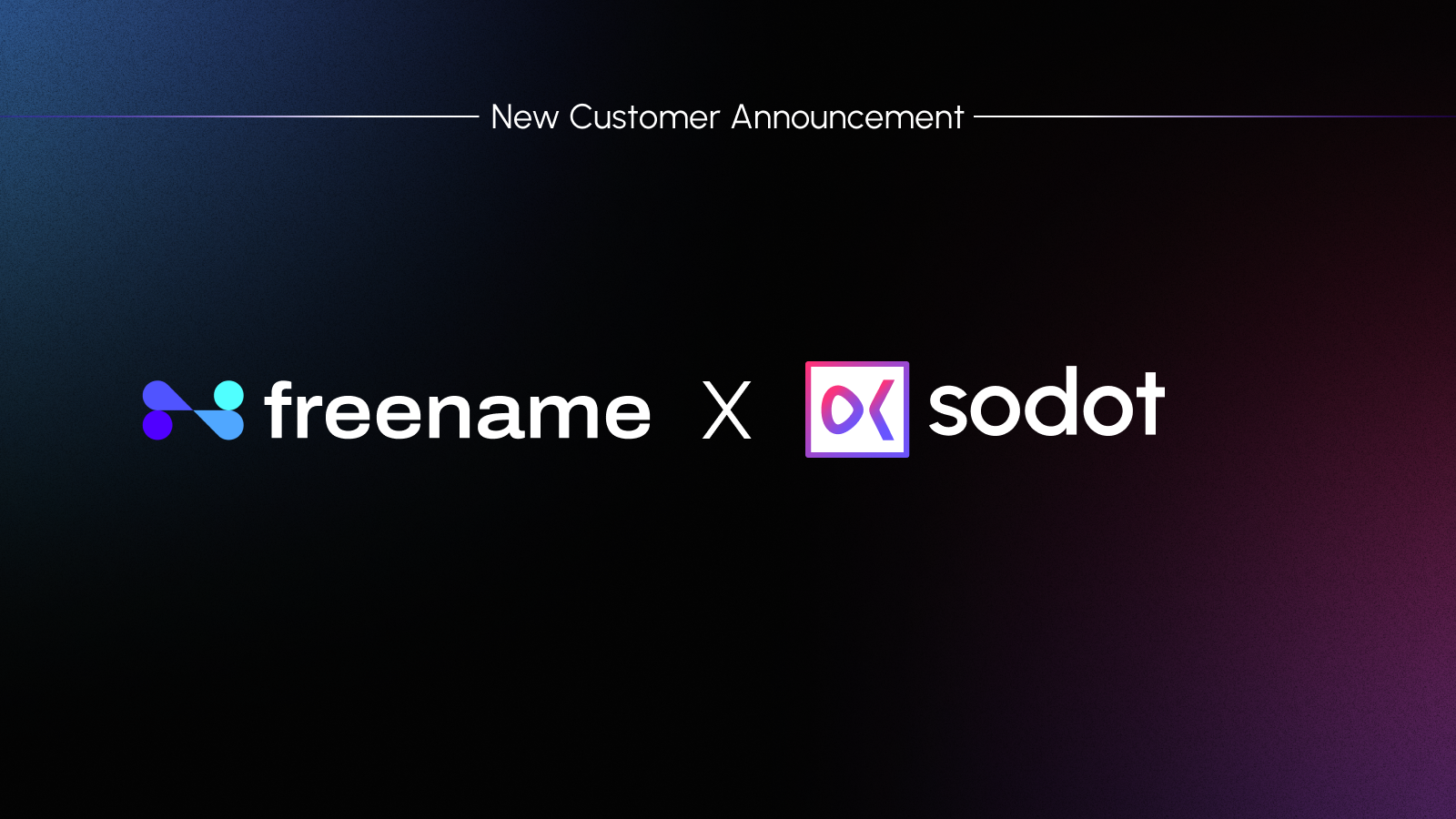Doormat Wallet is an innovative retail wallet built specifically for active crypto traders. Designed with a sleek, trader-first experience, Doormat brings everything users need into one place. It offers an integrated portfolio manager to track activity across wallets, seamless access to funds from any device, and the ability to execute trades across multiple wallets simultaneously—no scripting required.
On top of that, Doormat includes trend-driven features tailored for today’s fast-moving market. Its feature, Keychains, allows users to create, fund, and trade with multiple on-chain addresses simultaneously, enhancing trading efficiency, privacy, and control. Doormat is releasing Bot Wallets which leverage MPC architecture to run trading automations on your wallets.
Behind the scenes, Sodot’s MPC infrastructure enables Doormat to deliver on its promise: high-performance, multichain trading without compromising user experience or security.
"MPC is a core part of our wallet's security model and functionality. Sodot integration was straightforward and easy, and they helped us expand to new crypto ecosystems with the different algorithms they support. We’ve really appreciated how closely the team has worked with us to support this implementation.״
— Trevor Aron, CEO, Doormat
Curious to learn more?
Read the full Doormat blog to see how Sodot’s MPC is leveraged by Doormat to achieve their vision.




